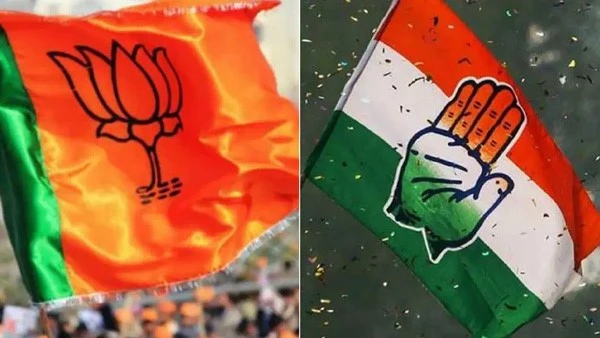Congress’s 40% Sarkara campaign’ leading to the BJP losing in Karnataka
The “40% Sarkara” campaign of the Congress party was a major factor in the BJP’s defeat in Karnataka, and its consequences were seen by the non-resident Indian (NRI) community as well. NRIs connected with the campaign’s emphasis on alleged corruption and poor administration by the BJP government, which changed how they perceived the ruling party.
NRIs who had previously been inclined to support the BJP began to doubt the group’s capacity to deliver transparent and responsible government as a result. Through social media channels, where NRIs actively participated in debates, voicing their worries and spreading knowledge of the alleged wrongdoing, the campaign’s impact was amplified.
The “40% Sarkara” campaign had an impact on the NRI community in addition to helping the BJP lose in Karnataka. It affected NRIs’ political inclinations and raised their awareness of purported corruption, which in turn had an effect on their engagement with and support for political parties in the state.
The campaign affected how NRIs thought about the situation in Karnataka. Through the campaign, many NRIs who keep close ties to their home state learned more about the alleged corruption and mismanagement problems. Their desire for change was stoked by this understanding, which encouraged people to participate in conversations, give to political causes, or even engage in online grassroots actions to assist organisations that shared their concerns.
The ‘40% Sarkara’ campaign had an effect on NRIs’ political participation, encouraging them to take an active part in conversations, debates, and social media campaigns. NRIs urged support for changes in the state’s governance and expressed their displeasure with the suspected corruption. This article looks at how the campaign promoted NRI participation, including contributions to political campaigns and remote volunteer efforts to help organisations that share their issues.

